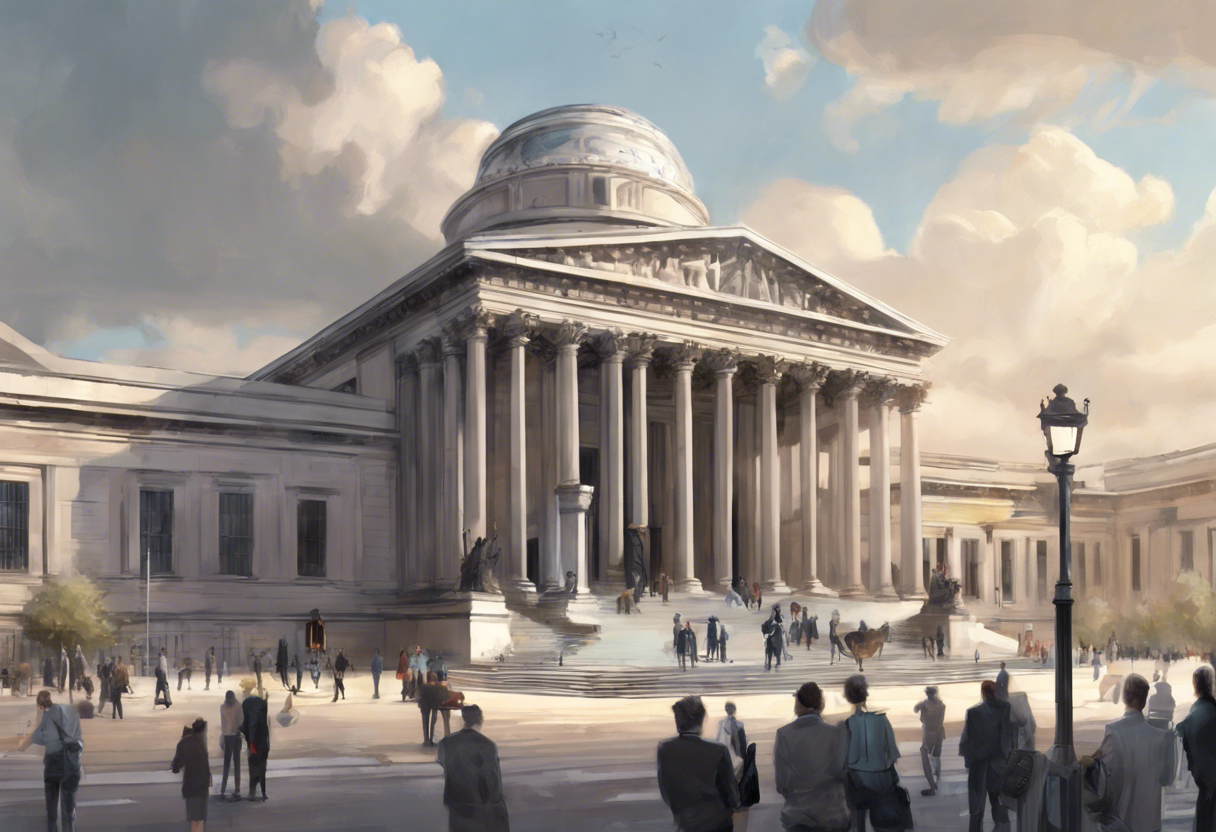
The U.K. Intellectual Property Office (UKIPO) has paved the way for certain AI-related innovations to receive patent protection, marking a significant development in the ever-evolving landscape of artificial intelligence and intellectual property rights.
The breakthrough comes in the wake of a ruling by the U.K. High Court in the case of Emotional Perception AI v. Comptroller-General of Patents. The case centered around an AI system designed to provide media file recommendations, specifically music tracks aligned with a listener's preferences. At the core of the system was an artificial neural network (ANN), a machine learning approach that mirrors the human brain's functioning by sending signals to other nodes, akin to neurons in the human brain.
Initially denied a patent by the UKIPO, the case took a turn upon appeal to the High Court. Justice Sir Anthony Mann, presiding over the case, reversed the UKIPO's decision. The pivotal ruling hinged on the determination that the ANN-based system was not merely a computer program, ineligible for patenting, but rather a unique innovation that operated distinctly from its underlying code.
Justice Mann emphasized the system's significant improvement in application, specifically in the realm of media file recommendations. He highlighted the system's ability to offer suggestions based on human perception and emotion, transcending genre constraints and considering individual tastes. The trained ANN played a crucial role in this categorization process.
Ben Maling, managing associate at law firm EIP, anticipates that this landmark ruling could set a precedent for future AI inventions seeking patent protection. He noted that the UKIPO, bound by High Court rulings, would likely apply the reasoning of this decision to other cases, potentially opening the door for numerous AI-related patents in the U.K. However, he acknowledged the possibility of an appeal by the UKIPO, which could influence the final outcome.
Luke Maunder, associate director at law firm Osborne Clarke, echoed Maling's sentiments, expressing a strong belief in a potential appeal. Despite this, Maunder highlighted the detailed and considered nature of Justice Mann's opinion, suggesting that overturning the decision would not be a straightforward task.
While the ruling represents a significant step forward for AI-related patents, it does not impact inventions generated by AI, as different considerations come into play. Notably, the U.K., U.S., and Europe have all ruled that innovations created by AI systems are not eligible for patent protections.
In a global context, South Africa stands out as the only nation to have awarded patent protection to an AI-originated invention. This unique case involved DABUS, an AI system listed as the inventor, raising intriguing questions about the intersection of AI and intellectual property rights. As the AI landscape continues to evolve, the legal and ethical considerations surrounding AI inventions are likely to remain at the forefront of discussions within the intellectual property community.